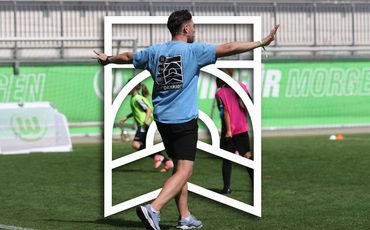The Role of the Family in Talent Development
It’s time to shine a light on another crucial contributor in talent development: the family. Increasingly, research and practice are recognising the vital role families—especially parents—play in shaping the development journey of young athletes.
Three Key Areas of Parental Support
Parents typically support their children in three main areas:
- Logistics
- Emotional Support
- Career Planning
However, the nature of this support evolves significantly as the athlete grows, making adaptability one of the biggest challenges for parents.
Ages 11–16: Building the Foundation
During early adolescence, parents are heavily involved in the logistical side of sport—signing up for clubs, providing transport, purchasing equipment, and ensuring proper nutrition and rest. This foundational support is essential for enabling participation and consistency.
Emotionally, parents play a key role in nurturing confidence, motivation, enjoyment, and resilience. They help young athletes navigate the ups and downs of sport, including anxiety, disappointment, and failure. However, it’s important to note that parents can also unintentionally become sources of stress. Overbearing expectations, pressure to perform, or poor sideline behaviour can lead to burnout or dropout.
Ages 16–19: Navigating Transitions
As athletes move into late adolescence and higher levels of competition, the demands shift. Logistical support may increase—especially in terms of time and financial commitment—though some of these responsibilities may be taken on by clubs or programmes.
The need for emotional support remains strong, particularly as athletes face greater pressure, potential injuries, and more intense competition. Parents must continue to be a source of encouragement and stability.
Crucially, this stage introduces the need for career planning. Parents often help guide decisions about continuing education, choosing between collegiate or professional pathways, and even working with agents. Their role becomes more strategic, helping young athletes make informed choices about their future.
Supporting Parents in TDEs
Given the complexity and demands of talent development, coaches and sport programmes have a responsibility to support parents. Providing resources, guidance, and open communication helps parents better understand their role and contribute positively to their child’s journey.
Conclusion
In summary, families—especially parents—are essential partners in talent development. Their support evolves over time, but remains critical at every stage. Whether you’re a coach or a parent, working together with the young athlete creates a more effective, nurturing, and successful development environment.
Let’s keep the lines of communication open and build strong partnerships that empower young athletes to thrive—on and off the field.
Watch the full video below
Comments
Related Pages


